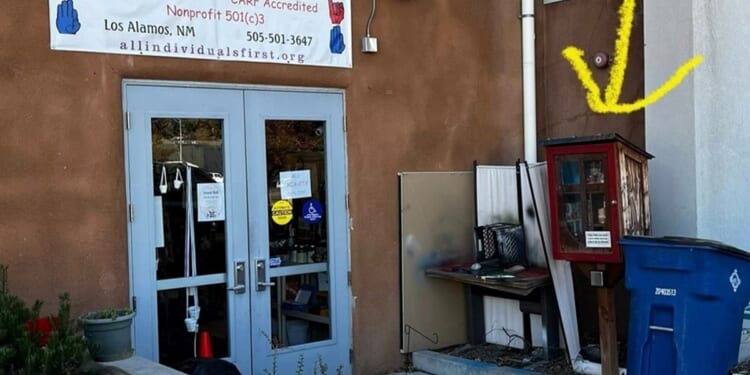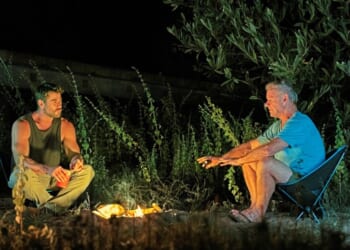CHURCH foodbanks in the United States are facing huge demand in the wake of the government shutdown caused by political disagreements over the federal budget.
About 1.4 million federal workers have been furloughed or working without pay since the beginning of October. The shutdown is the longest in recent history. Although Republicans control both the Senate and the House of Representatives, they are short of 60 votes to pass the budget in the Senate. This has led to a stand-off with Democrats who are calling for changes, including a reversal of cuts to the government health-care programme, Medicaid.
Late last month, 41 million people in receipt of food stamps (the Supplemental Nutrition Assistance Program) were warned that money had run out. The programme relies on federal funds, although it is administered by individual states.
Some states then sued the administration over the freeze in payments, and judges have now ruled that the Trump administration has to dip into emergency funds to keep the support going. Last week, the government said it would provide reduced food aid — half the normal amount — from emergency funds.
Almost 60 per cent of the people who receive SNAP benefits are under-18s and over-60s, US Department of Agriculture data reveals.
The organisers of Nourish Bethesda, a food ministry at St John’s, Norwood, in Maryland, told the Episcopal News Service that they were already seeing some 60 new people turn up to use their food pantry. The pantry provides food for about 7000 people a month.
A spokesman for the organisation, John Ross, said that the newcomers were a mix of federal workers and those who worked for them, who were also feeling the effect of the shutdown. “It’s the people who mow their lawns or take care of their kids, the wait staff when they’d go out to eat, [the people] who clean their houses and deliver items,” he said.
Money from the church’s collection on Sunday was given to the food pantry.
Bishops have also called on their flocks to do more to support people struggling as a result of the federal shutdown.
The Bishop of Oklahoma, the Rt Revd Poulson Reed, wrote to his diocese requesting special collections for foodbanks as “a concrete expression of our commitment to our brothers and sisters struggling with food insecurity”.
The shutdown disproportionately affected those already struggling, and “as the Church, we are always to stand with the poor,” he said.
In Fort Worth, Texas, 4Saints & Friends Episcopal Food Pantry works in partnership with five Episcopal churches to provide 4500 people a month with food, and serve nutritious meals in an area considered to be a “food desert”, because access to affordable nutritious food is limited and there is no full-size grocery store in the community. One in ten people in the area were already living with food insecurity.
Owing to increased demand, the food pantry of Calvary Episcopal Church, Louisville, in Kentucky, ran of out of food for the first time in 50 years.
Some federally funded services have continued despite the shutdown — including Immigration and Customs Enforcement, borders and law enforcement, and in-hospital medical services. Some national parks, monuments, and museums, have had to close.
President Trump has warned that furloughed staff deemed non-essential can be fired and may not be paid for the salary they earned up to 1 October. He told reporters last month that back pay “depends on who we’re talking about”, and that some workers “don’t deserve to be taken care of”.
In addition to increased demand for its services, one church in Tucson, Arizona, is facing a legal challenge over its ministry to the homeless.
Grace St Paul’s Episcopal Church has offered the ministry for more than two years, in response to rising homelessness in Tucson. About 140 people come three times a week for hot food, assistance with job searches, and access to free laundry vouchers.
Neighbours have now filed police reports about litter, fires, and drug paraphernalia left on the site, and have asked the church to move or stop the ministry.
The Revd Steve Keplinger said that the church’s ministry was continuing. “We try to pattern everything we do on Jesus. . . The threat of legal action is very real, and we are sitting here waiting for the paperwork announcing the suit at any time. We pray they will back off, but that seems unlikely.
“This is a classic case of ‘Not in my neighborhood’: a group of people who generally consider themselves to be progressive and caring as long as it is not happening near them.”

















